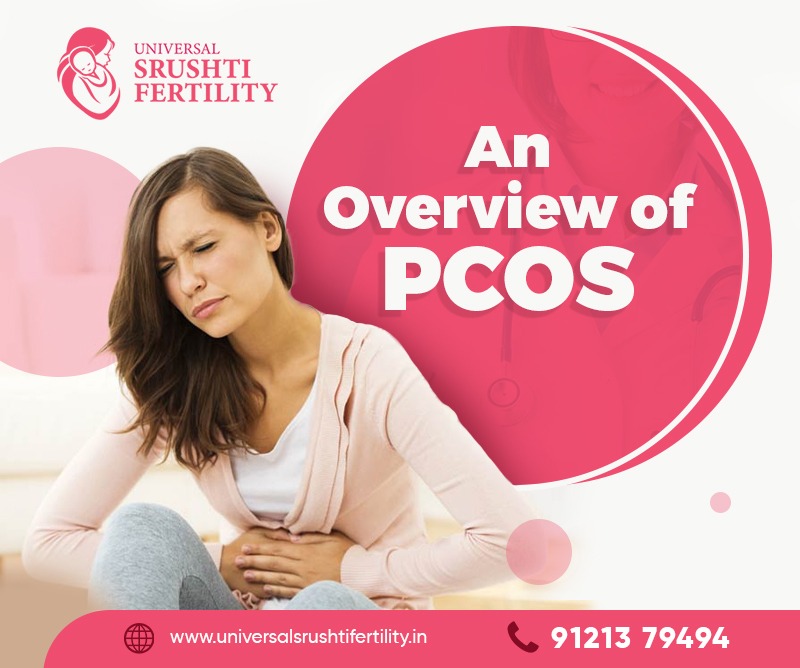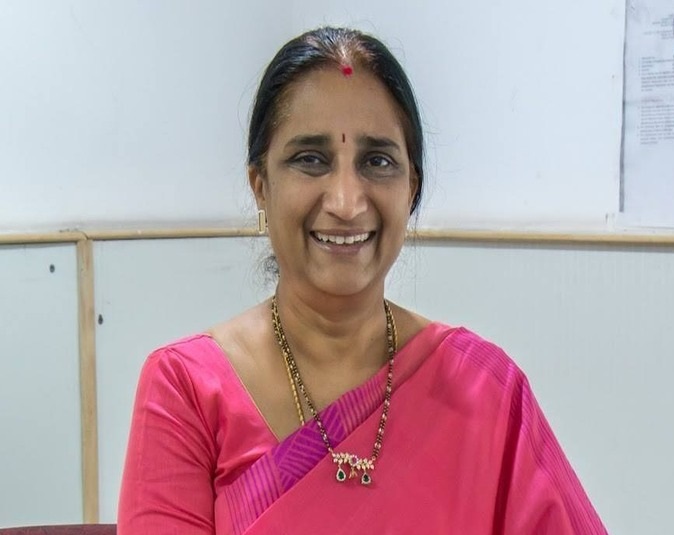Reproductive-age women are vulnerable to certain hormonal disorders, and Polycystic ovary syndrome (PCOS) is one of the common endocrine disorders among them. In this condition, ovaries become enlarged along with small cysts on the outer lining. Researchers say that nearly 27% of Indian women might experience PCOS.problem in their reproductive years. The condition affects millions of women around the world.
Often, people confuse comparing PCOS with PCOD. But they are not similar conditions. PCOD is caused due to the imbalance of hormones where many immature or partially mature eggs are released which pile up together and turn into cysts.
Whereas PCOS is an endocrine system disorder and is more severe than PCOD. In this condition, ovaries generate high androgens(male hormones), which prevent the eggs from releasing from the ovaries or do not mature. These eggs eventually develop into fluid-filled sacs called cysts on the ovaries.
Symptoms of PCOS
Many women suffer from this problem of polycystic ovary syndrome, but most women do not realize it. Some recent studies from reliable sources indicate that 60% to 70% of women with PCOS are undiagnosed. Abnormal ovulation is one of the major reasons for infertility, and it is due to polycystic ovary syndrome.
Usually, symptoms of PCOS appear around the first menstrual cycle of puberty. Sometimes PCOS will develop with weight gain, and the signs will be different. If you notice at least two characters listed below, it may be an indication of a PCOS problem.
- Irregular menstrual cycle
- Excess androgen (male sex hormone) levels
- Polycystic ovaries
More than 50% of the women with PCOS condition are at risk of type 2 diabetes. Women with this condition might also experience certain signs & symptoms, which include:
- Heavy bleeding
- Acne problems
- Hair loss – male pattern baldness
- Excess Facial Hair
- Irregular periods or no periods at all
- Obesity
- Infertility
- Dark patches on the neck, groin, and under your breast lining
- Headaches
- Sleeping problems
Some other symptoms associated with PCOS include tiredness, pelvic pain, mood swings, depression, decreased libido, bad body odor, stress, high BP etc.
What Causes PCOS?
In PCOS conditions, mostly cysts grow inside the ovaries. These sacs contain immature eggs, and it prevents ovulation. Excess androgen production diminishes the production of estrogen and progesterone. Similarly, lack of ovulation alters the levels of Luteinizing hormone (LH) and follicle-stimulating hormone (FSH), which plays a key role in the menstrual cycle.
It is believed that hormonal changes are the main cause that leads to PCOS condition. It may be one of the reasons but not the only cause. The exact cause of PCOS is yet to know. Here are some of the risk factors that might lead to PCOS:
- Heredity or Genes
- Insulin resistance or excess insulin
- Low-grade inflammation
- Production of high levels of androgen
Treatment For PCOS At Angels Fertility Clinic
Experts are working on a permanent cure for PCOS. However, precise treatment options are available to manage the signs & symptoms of PCOS and help you to lead a quality life. The treatment options start from changing your lifestyle to surgical treatment to fix the problem.
Lifestyle changes
If you are obese or having extra pounds of weight, it is recommended to maintain a perfect BMI by taking a low-calorie diet. You need to change your entire lifestyle, avoid smoking & drinking, and moderate exercise daily can help you to improve ovulation and insulin levels.
Medical Treatment For PCOS
- To control hormone production, a combination of birth control pills are used
- Progestin therapy to control irregular periods and also prevents endometrial cancer
- Metformin to manage diabetes
- Clomiphene to treat infertility problems
- Gonadotropins to improve the production of sexual hormones
Surgical Treatment For PCOS:
After evaluating all the non-surgical options, if nothing works, then the doctor will discuss with you the surgical route to treat the problem. Some of the common surgical options are:
- Ovarian drilling to trigger ovulation
- Oophorectomy (removing your ovaries)
- Hysterectomy (removing your uterus)
- Cyst aspiration (to drain fluid from cysts)
Our specialists at Srushti Fertility Clinic advised taking medication for PCOS under the guidance of an expert doctor. Wrong medications may prevent pregnancy or lead to congenital disabilities. If you don’t get proper treatment, it causes long-lasting health problems and also prevents pregnancy. For more details, contact our Fertility Experts in at Srushti Fertility Center.


